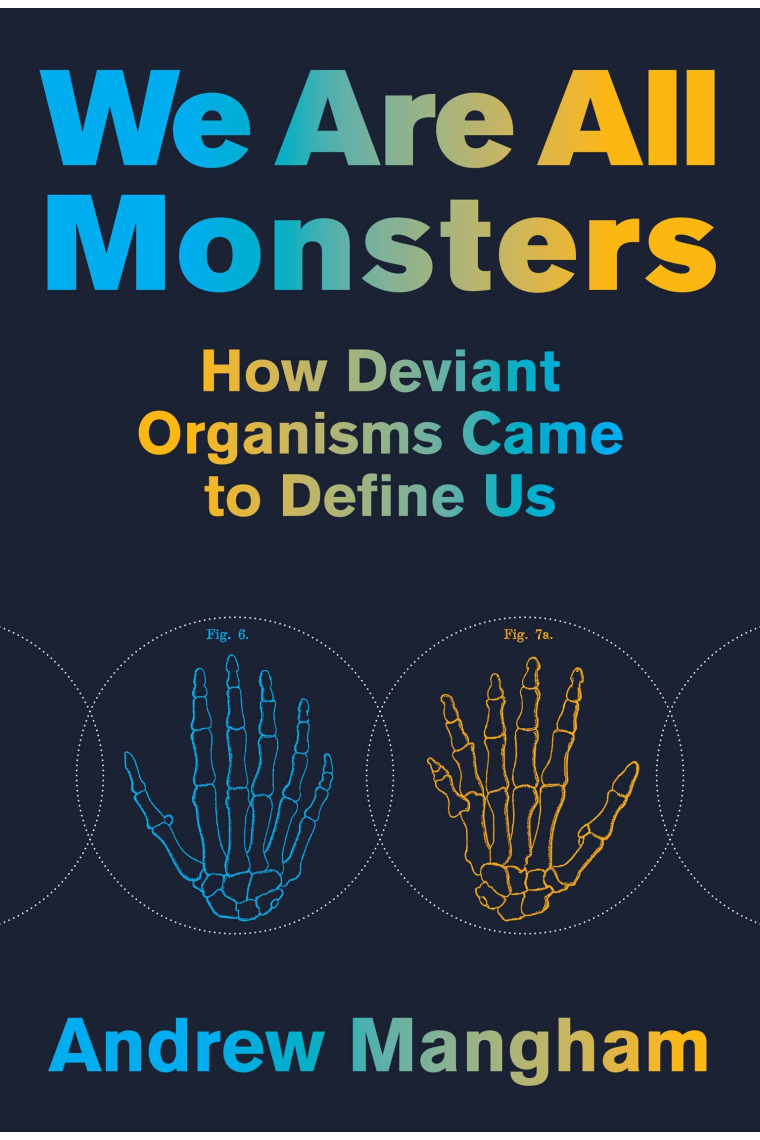Detalles del libro
How the monsters of nineteenth-century literature and science came to define us.“Was I then a monster, a blot upon the earth, from which all men fled and whom all men disowned?” In "We Are All Monsters", Andrew Mangham offers a fresh interpretation of this question uttered by Frankenstein's creature in Mary Shelley's 1818 novel in an expansive exploration of how nineteenth-century literature and science recast the monster as vital to the workings of nature and key to unlocking the knowledge of a...
- Encuadernación Tapa dura
- Autor/es Mangham, Andrew
- ISBN13 9780262047524
- ISBN10 0262047527
- Páginas 344
- Año de Edición 2023
- Idioma Inglés
Reseñas y valoraciones
We Are All Monsters: How Deviant Organisms Came to Define Us (Inglés)
- De
- Andrew Mangham
- |
- MIT (2023)
- 9780262047524
 ¡Gracias por comprar en librerías reales!
¡Gracias por comprar en librerías reales! 4.7
4.7














